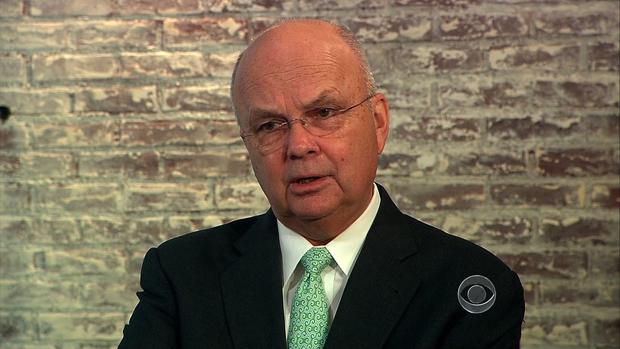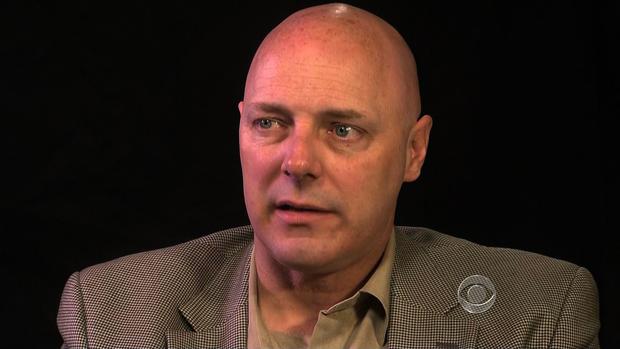Pentagon expands cyber defense amid daily attacks
(CBS News) WASHINGTON - Secretary of Defense Leon Panetta warned in a speech at Georgetown University Wednesday that a hostile country could attack America by computer -- a 21st century Pearl Harbor.
"We are literally the target of thousands of cyber attacks every day -- every day!" Panetta said. "Thousands of cyber attacks that are striking at the private sector, strike at Silicon Valley, strike at other institutions within our society, strike at government, strike at the defense department, our intelligence agencies. Cyber is now at a point where the technology is there to cripple a country, to take down our power grid systems, to take down our government systems, take down our financial systems and literally paralyze the country."
The Pentagon set up a cyber command to practice both offense and defense on the computer battlefield. Now cyber command is expanding five-fold.
In farewell remarks, Panetta rails against Congress, sequestration
Iran behind many recent cyber attacks
Chinese cyberattacks prompt U.S. to beef up Pentagon security, weigh action against Beijing
Despite its imposing facade, the U.S. Federal Reserve could not stop the latest attack. On Sunday, hackers broke into a Fed computer system, then stole and published the private phone numbers of 4,000 U.S. bankers.
That breach followed recent revelations that cyber spies had also infiltrated computer networks of three American newspapers: the Washington Post, Wall Street Journal and New York Times.
Investigators traced those attacks on the papers to government-backed hackers in China looking to monitor coverage of Chinese politics.
Every day state-sponsored spies, the majority from China, are infiltrating key government and business computer networks inside the United States. The U.S. Cyber Command estimates American companies are losing $250 billion a year in intellectual property.
General Michael Hayden, who headed the CIA and National Security Agency, says cyber enemies can do much greater harm. He said hackers come after the government "more than daily.""Most of the stuff out there now is espionage but in a peculiar way, if I can get on your network and steal your stuff, I already have the ability to break your stuff."
Until he retired last year, Shawn Henry ran the FBI's cyber unit. He said a serious cyber attack against some critical system in the U.S. is "very, very likely."
Hayden and other security analysts warn critical systems could be knocked out in an attack launched by computers. While no U.S. infrastructure has yet been successfully targeted, power grids, transportation systems and financial networks are potentially vulnerable.
"I think that it is near-term," Henry said. "I'm quite frankly surprised it hasn't happened yet."
Officials have described the potential attacks in the most dire terms, warning of another Pearl Harbor or 9/11. One official said a decade ago terrorists came after the U.S. with planes -- the next weapon could be keyboards.

